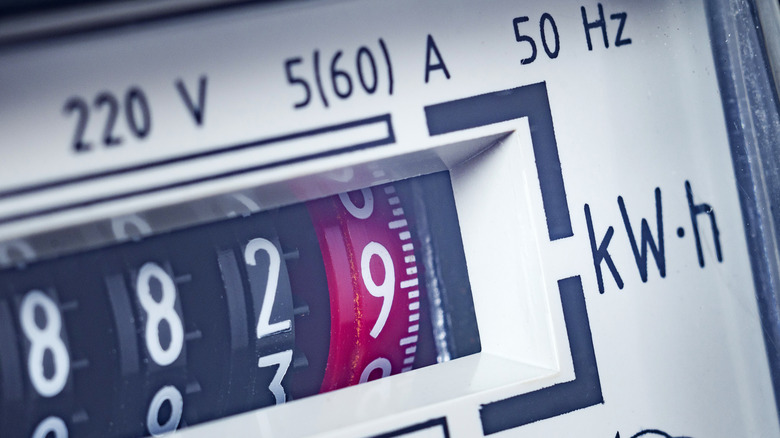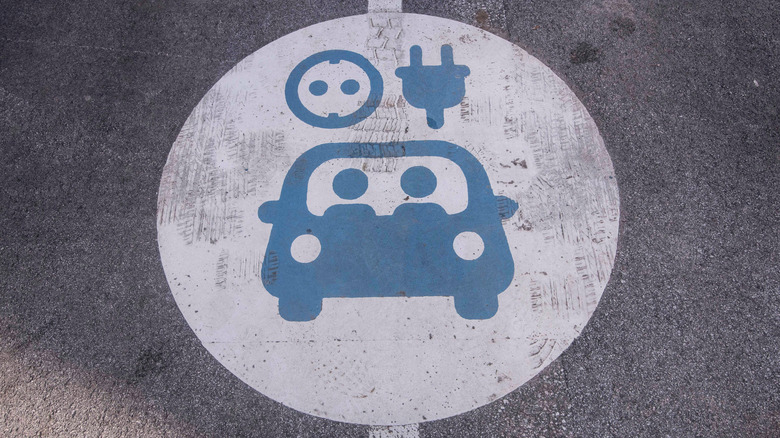kWh Pricing Explained: Essential Information For Electric Car Owners
If you're not someone who closely scrutinizes every aspect of your electric bill and you're looking into getting an electric car, then the transition from the seemingly straightforward cost of gasoline. The measurement of miles per gallon is easy to wrap your head around: It's exactly what it sounds like, an assessment of how many miles of driving your car will get out of a gallon of gas. Even if you're not particularly good at math, it makes sense on a basic level that doesn't require a lot of extra thought.
Measurements of electricity are different, though. Fully understanding them requires you to think back to sixth-grade science class and the difference between energy and power: Energy is what causes change, while power is the rate of energy use. Electrical wattage is the power that a battery can store, and because electric cars need a lot of power, it's easier to measure that power in kilowatts than it would be in watts. To figure out what that means in terms of energy usage, we then move to kilowatt hours (kWh for short) as the measurement of the energy required to run the car. But kilowatt-hours are not a measurement of how many kilowatts were used in an hour. So what are they?
What exactly is a kilowatt-hour, then?
Counter to what it sounds like on the surface, a kilowatt-hour is how much energy is used by running 1,000 watts' worth of appliances for an hour. In other words: As you use more power across a longer stretch of time, you're using more kWh of electricity.
The United States Environmental Protection Agency has worked out that 33.705 kWh are, in an electric car, the equivalent of one gallon of gasoline or an equivalent liquid fuel source. This means that a car with a 75 kWH battery is roughly the same as having a tank that holds 2.2 gallons of gasoline. However, this isn't the last step as far as comparing an electric vehicle's mileage to the gas mileage of a given traditional car, a measurement called miles per gallon of gasoline equivalent, or MPGe.
A car that uses 33.705 kWh to travel 100 miles would be rated at 100 MPGe, and that example is not out of the ordinary, which helps show just how efficient electric cars can be, one of the areas where EVs are superior to cars with combustion engines. A non-electric car with gas mileage as low as 23 MPG is generally considered good, at least for city driving, so that's a huge difference. So if you're debating between buying a fuel-efficient car, hybrid, or full-electric car, then you definitely need to keep all of this in mind.

